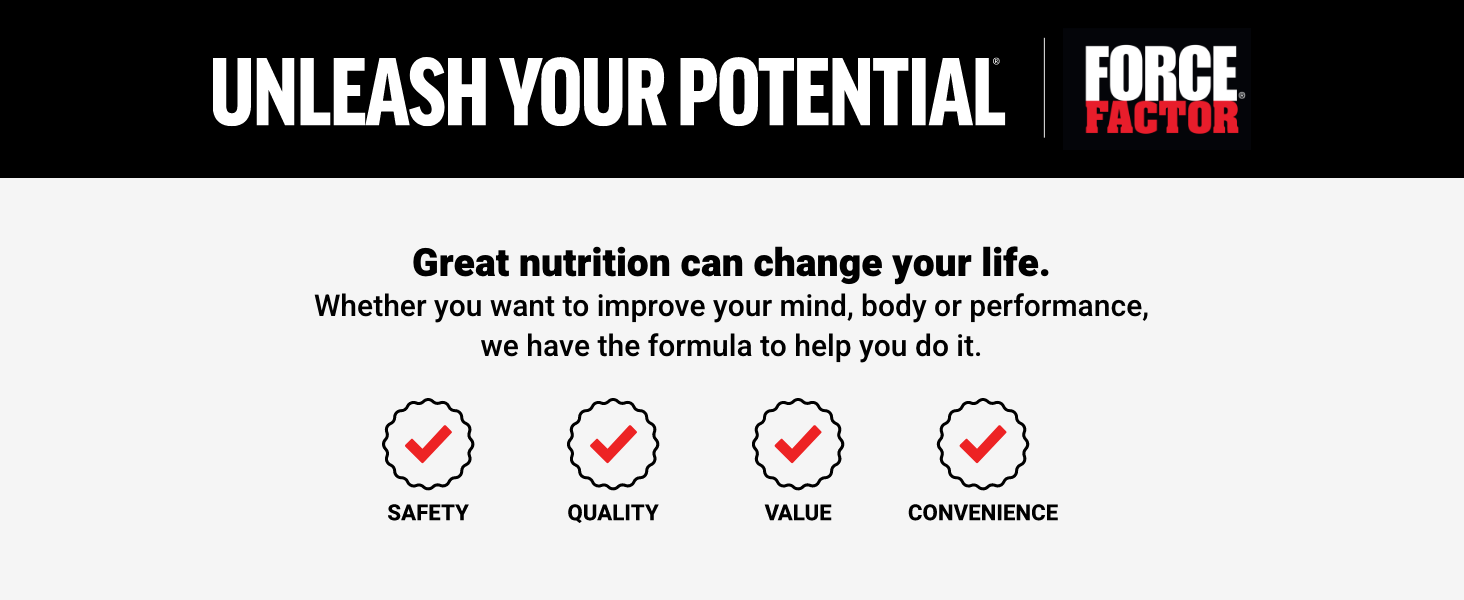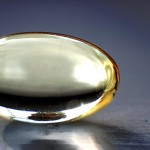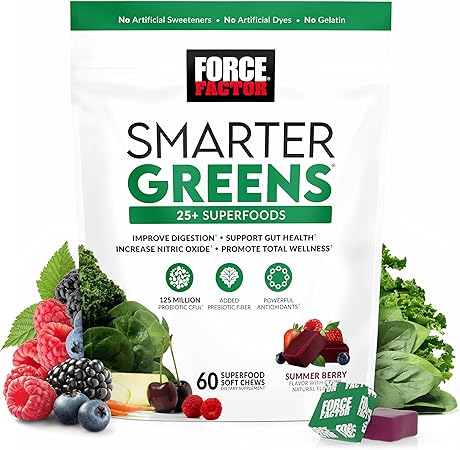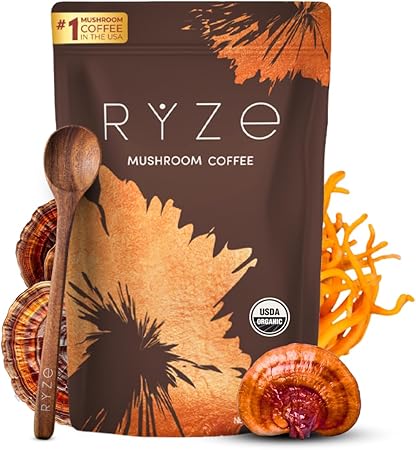Folic acid or B9 is the essential B vitamin for aiding in cell growth and division, especially during pregnancy. This B vitamin is also necessary to make natural chemicals which control the appetite, moods and quality of sleep. It is also the best B vitamin for helping lower the chances of suffering a heart attack or stroke by keeping the arteries open.
You can get enough folic acid in three ways. First off you can choose to take supplements. Must of these vitamin supplements contain 400 micrograms of folic acid. This is a good way because you don’t have to worry about getting enough folic acid into your diet; it was all given to you in a supplement.
Another way is to begin your day with folic acid. Choose to eat a breakfast cereal that is full of folic acids. The label will say it contains 100% of recommended daily about of folic acid, which is 400 micrograms.
Lastly, you can also increase your consumption of foods that are rich with folic acids. Naturally occurring sources of folic acid includes green leaf vegetables (spinach, turnip), poultry, pork, shellfish, peas beans, liver, cereal and citrus furies. Folic acid is one of the necessary elements required for production and maintenance of human cell.
Folic acid deficiency may cause various disorders. Some of these are highlighted below:
- Folic acid deficiency may cause weakness, poor growth, graying hair, inflammation of the tongue, palpitations and behavioral disorder.
- Folic acid deficiency is also associated with common stomach disorders including diarrhea, mouth ulcer and peptic ulcer, loss of appetite and weight loss.
- Folic acid deficiency in pregnant women may cause premature delivery, low birth weight of infants and infants with neural tube defects (NTD s).
- Anemia is sometimes associated with the advance stage of folic acid deficiency.
- You may need increased folic acid intake if you are anemic, have kidney or liver disease, pregnant or breast-feeding. In all such cases you should consult your doctor before taking folic acid supplements.
- The maximum folic acid intake should be limited to 1000 micro grams per day or as directed by the health care provider.
- Some other medications may interact with folic acid includes medicines for epilepsy, medicines for controlling blood sugar, methotrexate (medicines for treating cancer) and diuretics. If you are taking any of these medicines, you should contact your doctor.
- If you are 50 years of age, you should carry out your vitamin B 12 level before taking supplemental diet of folic acid, as these are chances of interaction between B12 vitamins and folic acid.


















